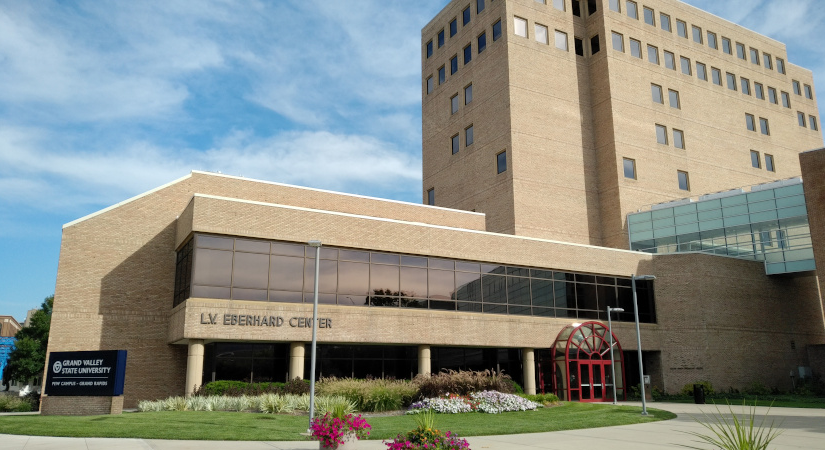Great Lakes History Conference: Gender and Trauma: Material, Methods, Media
GVSU Pew Campus, Grand Rapids, Michigan, September 20, Session 1: 9:00 –11am
The Sex of Post-traumatic Stress Disorder. Gendered Vulnerability, Experiences of Violence and Emotional Styles in Psychotraumatology
Post-traumatic stress disorder (PTSD) is currently the scientifically most explicit and powerful manifestation of a trauma concept. In medical discourse on post-traumatic stress disorder, different gendered narratives co-exist: Female persons are, due to a multitude of explanatory strands, perceived as especially vulnerable to post-traumatic stress disorder and develop post-traumatic stress disorders twice as frequently as men, according to psychotraumatological research. This is said to be due to the fact that women experience particularly devastating interpersonal and long-lasting violence. However, men are much more focussed on as potential subjects of trauma therapy in psychotraumatology. In addition, German media coverage of post-traumatic stress disorder has been occupied by the suffering of (male) veterans of the war in Afghanistan and, in the larger context of war events, by male soldiers in general.
Drawing on sources in German medical discourse on post-traumatic stress disorder as well as on newspaper sources and autobiographical narratives in memoirs, this paper seeks to show the specific gendered notions of post-traumatic stress disorder in Germany. Whereas traditional assumptions of female vulnerability are perpetuated in research, masculinity is clearly being reworked in the therapeutic sphere: A supposedly masculine emotional style of not dealing with traumatic experiences by processing emotions is constructed as insufficient, dangerous for the health of the individual and society in general and therefore in need of change. These analyses are linked back, on the one hand, to findings related to current gender history and, on the other hand, to psychotraumatology’s need for vulnerable and therapeutically accessible subjects.
Photo: L.V. Eberhard Center at Grand Valley State University by Anne Freese
